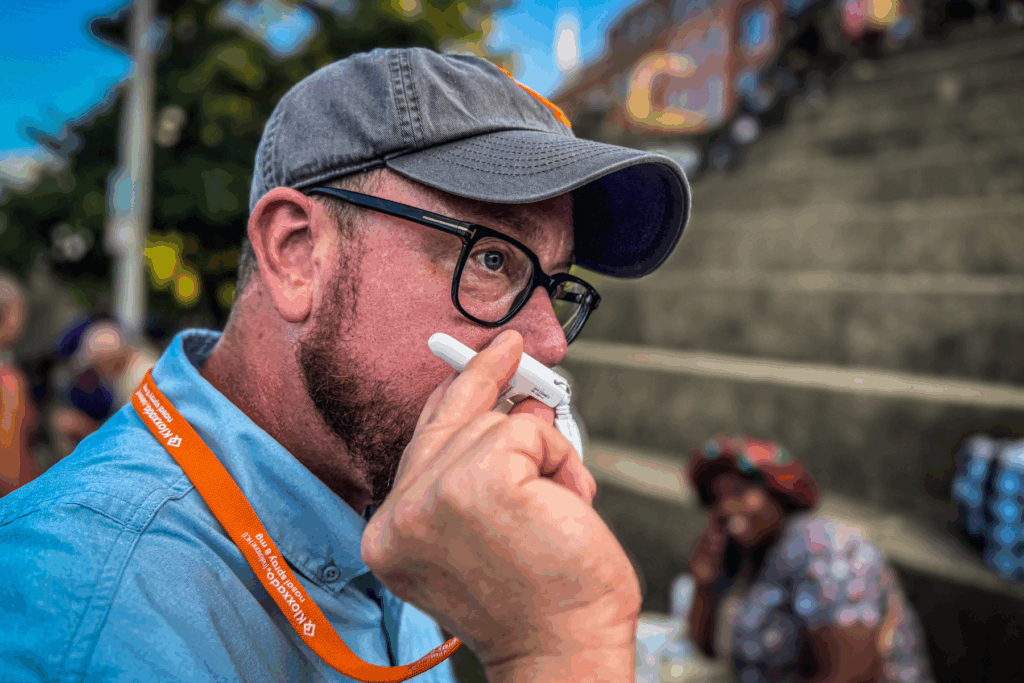
On today’s episode of “This Is Nashville,” we dive into the work of sanctioned harm reduction.
Needle exchanges, distributing drug overdose reversal medication and fentanyl test strips — these tactics to limit the damage of the opioid crisis were once broadly illegal in Tennessee, and now they’re being used by certain groups to, essentially, help people use drugs more safely without necessarily trying to get them to stop. It’s all about keeping someone alive, even if it does little to treat the drug addiction that is leading to so many deaths.
We’re exploring ways through the opioid crisis this week by focusing on a philosophy known as “harm reduction.” Monday was all about underground tactics to avoid regulation. Today we’re going above ground with physicians, social workers, and locals with lived experience to understand what’s allowed under Tennessee law. And we’ll hear that even among addiction experts, there are still questions about what’s the best path forward.
Today’s episode was produced by Josh Deepan.
Guests
- Lyle Cooper, Meharry Medical College Associate Professor, Director of Meharry Harm Reduction Center
- Peter Hossler, Rhodes College Associate Professor of Urban Studies
- Mary Owens, retired HIV/AIDS advocate
- Dr. Reid Finlayson, Vanderbilt University Medical Center Professor of Clinical Psychiatry


